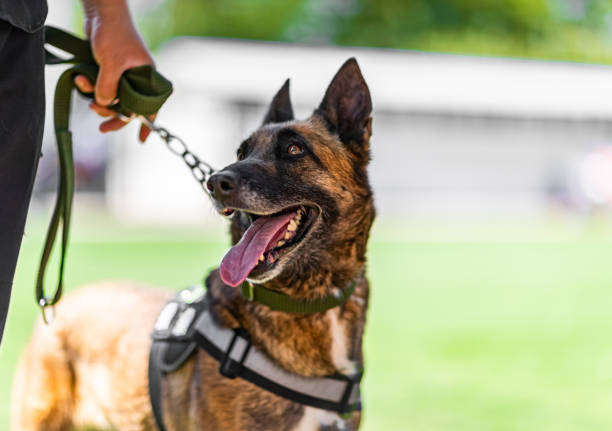Unleashing the Potential: A Comprehensive Guide to Dog Walker Jobs
Dog walking is a rewarding career that combines a love for animals with the opportunity to stay active and work independently. As more pet owners seek professional care for their furry friends, the demand for skilled dog walkers continues to grow. This article explores the ins and outs of dog walker jobs, providing valuable insights for those considering this paw-some profession.

Additionally, physical fitness is important, as the job involves walking multiple dogs for extended periods. Good time management and organizational skills are necessary to juggle multiple clients and schedules. Some dog walkers may choose to pursue certifications in pet first aid or animal behavior to enhance their credentials and attract more clients.
How much can you earn as a professional dog walker?
The earning potential for dog walkers can vary widely depending on factors such as location, experience, and the number of clients. In general, dog walkers charge per walk, with rates ranging from $15 to $40 per 30-minute walk. Some walkers offer package deals or discounts for multiple dogs from the same household.
Full-time dog walkers in urban areas with high demand can potentially earn between $30,000 to $80,000 annually. However, it’s important to note that these figures are before expenses such as transportation costs, insurance, and marketing.
What are the primary responsibilities of a dog walker?
Dog walkers have a range of responsibilities beyond simply taking dogs for a stroll. They are entrusted with the care and well-being of their canine clients, which includes:
-
Exercising dogs through walks or playtime
-
Providing fresh water and, if required, food
-
Administering medication when necessary
-
Cleaning up after dogs during walks
-
Monitoring the dog’s behavior and health
-
Communicating with pet owners about their dog’s well-being
-
Ensuring the safety and security of the dogs in their care
Additionally, professional dog walkers often manage their own schedules, market their services, and maintain accurate records of their walks and client information.
How can you start your own dog walking business?
Starting a dog walking business requires careful planning and execution. Here are some steps to get started:
-
Research local regulations and obtain any necessary licenses or permits
-
Develop a business plan outlining your services and pricing
-
Obtain appropriate insurance coverage
-
Create marketing materials, including business cards and a website
-
Network with local pet owners, veterinarians, and pet stores
-
Consider using dog walking apps or platforms to find initial clients
-
Establish clear policies and contracts for your services
-
Invest in essential equipment such as leashes, waste bags, and a reliable vehicle
As your business grows, you may consider hiring additional walkers or expanding your services to include pet sitting or training.
What are the challenges and rewards of being a dog walker?
Like any profession, dog walking comes with its own set of challenges and rewards. Some challenges include:
-
Unpredictable weather conditions
-
Managing difficult dog behaviors
-
Dealing with last-minute cancellations or schedule changes
-
Physical demands of walking multiple dogs
-
Potential for injuries from overexertion or dog-related incidents
However, the rewards often outweigh the challenges for those passionate about animals:
-
Spending time outdoors and staying active
-
Building relationships with dogs and their owners
-
Flexible work schedule and potential for self-employment
-
Opportunity to work with a variety of dog breeds and personalities
-
Satisfaction of providing essential care for beloved pets
What tools and resources are available for professional dog walkers?
To streamline their operations and provide the best service possible, dog walkers can utilize various tools and resources:
-
Dog walking apps and software for scheduling and client management
-
GPS tracking devices for monitoring walks and ensuring safety
-
Professional associations and networking groups for support and education
-
Continuing education courses in animal behavior and pet care
-
Liability insurance specifically designed for pet care professionals
-
High-quality leashes, harnesses, and other walking equipment
-
Marketing tools and social media platforms for promoting services
By leveraging these resources, dog walkers can enhance their professionalism and efficiency, ultimately leading to a more successful and fulfilling career in the pet care industry.
In conclusion, dog walker jobs offer a unique opportunity for animal lovers to turn their passion into a rewarding career. With the right skills, preparation, and dedication, aspiring dog walkers can build successful businesses that provide essential services to pet owners while enjoying the company of furry friends every day.






